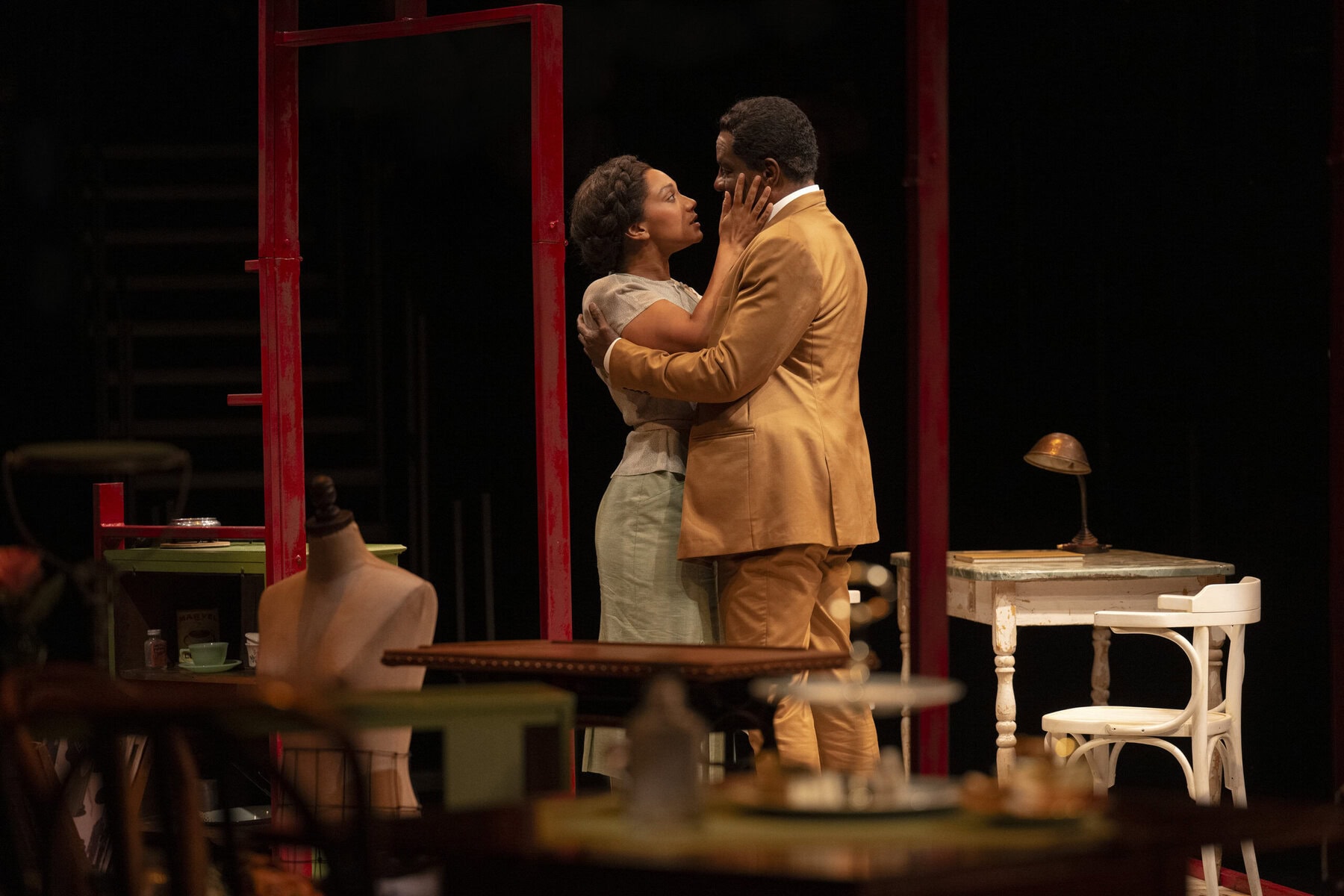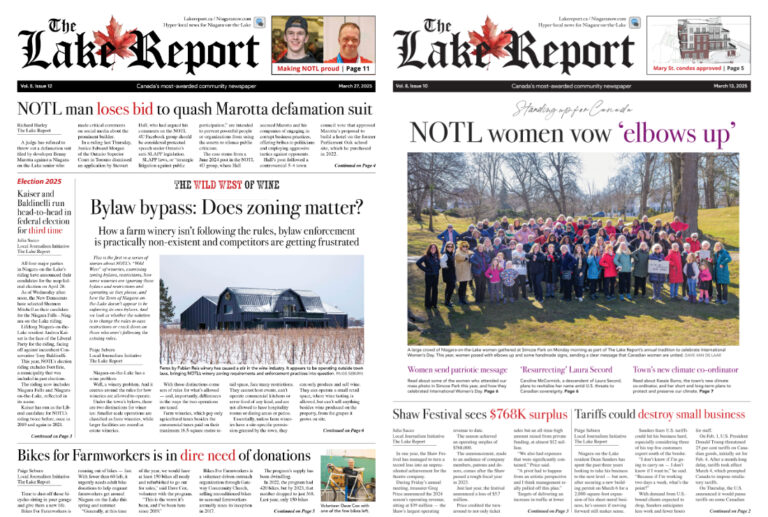BLUES FOR AN ALABAMA SKY
*** (out of five stars)
Jackie Maxwell Studio Theatre, 2 hours 45 minutes, one intermission. Ends Oct. 4. By Pearl Cleage. Directed by Kimberley Rampersad.
It is a hot, steamy summer night in 1930. We are standing street level outside a brownstone multi-unit apartment in Harlem, New York. Flashing lights and the screeching track noises of the subway rise from a grate underfoot.
Upstairs live four people. They are friends. A costume designer, a singer/dancer, a health-care activist and a medical doctor. They flow in and out of one another’s dwellings and daily lives.
Their shared dreams rise and fall, worn down by circumstances caused by a multitude of factors. These include the onset of the Great Depression, economic uncertainty, job losses and racism. These are the everyday lives of everyday people who persist aided by conviction, resilience and during Prohibition, alcohol. They are Black.
The Great Migration has brought tens of thousands of Black Southerners north, fleeing bigotry, vigilante violence, exploitation and Jim Crow segregation laws in search of a better future.
In New York, they will become part of the Harlem Renaissance of the 1920s and 1930s, an intellectual and cultural movement of music, dance, fashion, literature and politics that will bring the Black experience into American cultural history.
Guy Jacobs makes costumes for nightclub dancers, but he dreams only of Josephine Baker, the undisputed nightclub star of Europe. If he keeps mailing his designs to her, one day she will send for him to join her in Paris.
Stewart Adam McKensy as Guy nails the role as the unabashed gay, at a time when homosexuality is against the law and opposed by Black leaders such as Adam Clayton Powell Sr. at the Abyssinian Baptist Church.
His sartorial elegance doesn’t always protect him from being roughed up. Guy may not make the rent, but there is always champagne at the ready.
Sam Thomas, a compassionate medical doctor, is overwhelmed by a constant flow of patients at a local hospital. He longs to spend time with Delia Patterson, a health-care clerical activist who, inspired by the famed sex educator Margaret Sanger, is seeking support to establish a local birth control clinic.
Allan Louis is solid, giving an outstanding character performance in a core role. His doctor personifies the elite, educated, conservative, well-dressed and mannered Black man who fits the values of wider society norms.
His Delia, as performed by Mary Antonini, is alarmingly and curiously paced throughout. She darted in and out of the spaces in an uptight staccato manner, suggesting a prude needing to be let loose. But it became tiring. More nuance in voice and expressions would have been more convincing.
J.J. Gerber is the man from Alabama named Leland Cunningham. He is the quiet outlier that doesn’t fit, the weird, unsettling type. He is the man who will pursue Angel, the singer/dancer, because she has the face of his dead wife.
He is the southern Christian Black man who holds deeply conservative values about faith, gender and family. His is another kind of judgmental bigotry.
Now to the showgirl, Angel. Virgilia Griffith was replaced by the understudy, Keira Sangster, on the night I saw the performance. My understanding of the role of an understudy is that the script has been memorized: the understudy knows the lines, can sing the songs, understands the blocking, the choreography and the intentions.
The understudy glides in and seamlessly performs. Often to acclaim. The other actors need not compensate.
Ms. Sangster is printed in the program as the understudy for Virgilia Griffith. Her name was on the board at the theatre entrance, and she was verbally announced to the audience with a caveat that performances can vary. Uh oh …
The play begins with Angel careening into Guy’s room at 3 a.m. She is drunk, loud, upset. In this performance, Sangster as Angel held the script in the air and read as she stumbled about. She continued to read the script throughout the play from beginning to end.
This was a disappointment for a play that offers so much.
Penny-Lynn Cookson is an arts and culture historian, writer and lecturer living in Niagara-on-the-Lake.










